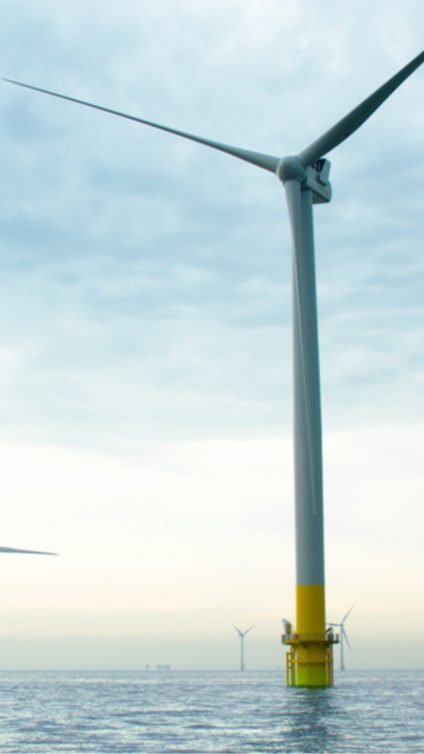COP26 Voices
Climate change is the greatest challenge of our time. During the UN Climate Change Conference 2021, COP26, we spoke to some of our BASF colleagues about their work and their own sustainability thoughts.

Tony Heslop, Senior Sustainability Manager, UK & Ireland
My sustainability journey so far
Having been brought up on television programmes such as Tomorrow’s World, I’ve had a passion for science from an early age. This inherent interest, curiosity and a semblance of ability steered me down that route at school and through ‘A’ Levels and I found myself at University studying Chemistry and Polymer Science, largely because I had no better ideas or life plan. After University, I began a career in the Coatings Industry and worked in R&D for three paint companies, before transitioning into more commercial roles in the supply of raw materials for paints – namely pigments and additives. After a side-step into adhesives, I ended up in a role in Market Development for BASF, supporting my colleagues as they explored new and exciting opportunities. As much of our strategic direction involves sustainable solutions, a role in sustainability, where I find myself now, seemed a logical route to take.
My company’s commitment
Our products often prevent much more greenhouse gas emissions than are generated in their production. If we think about the energy saving capability of insulation products or the ability of plastics to lightweight cars and save fuel, these would be a couple of examples. Often the work that I do reaches beyond existing markets and customers and looks to develop new solutions or circular economy systems that vastly reduce the climate change impacts of the resources that we use. In addition, as an upstream chemical producer, BASF’s Net Zero commitment will reduce the climate change impacts of all of the subsequent steps in the value chains that flow downstream of us – at our customers and at our customers’ customers.
We all have a part to play
In my role, I’m often asked by colleagues what they can do right now to help climate protection. Outside of the work that will be done within every aspect of the company and by every colleague to meet our Net Zero commitments in the future, colleagues can also take individual action to reduce their own personal carbon footprints. My recommendation is to measure their own individual carbon footprint and use that figure and associated data to set themselves a target for reduction – what gets measured gets managed. Thereafter, it’s down to the individual to choose the actions that will lead to the most impactful reduction yet are easy for them to do. This then comes down to individual choice and context and it is up to them to pick their battles. However, what is important is taking that first step.
Find out more
-
1
